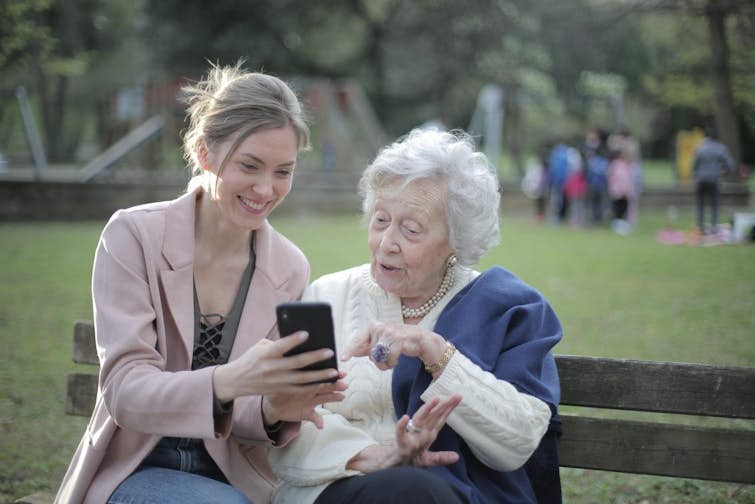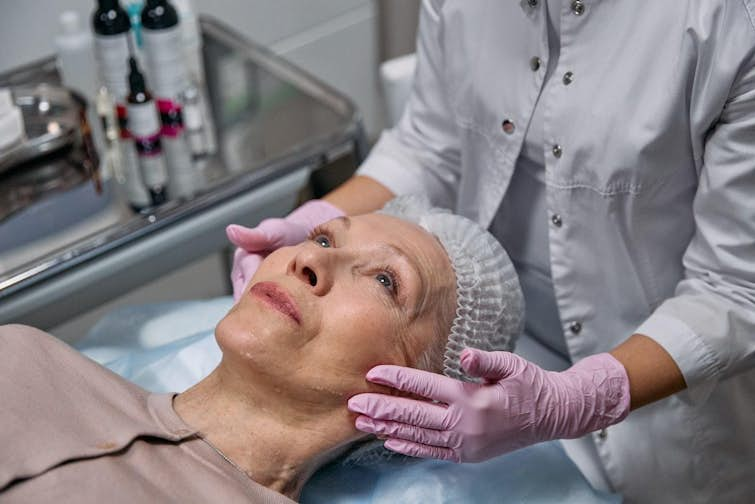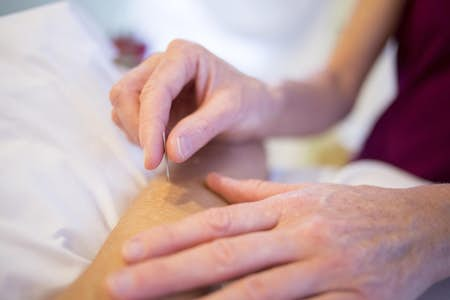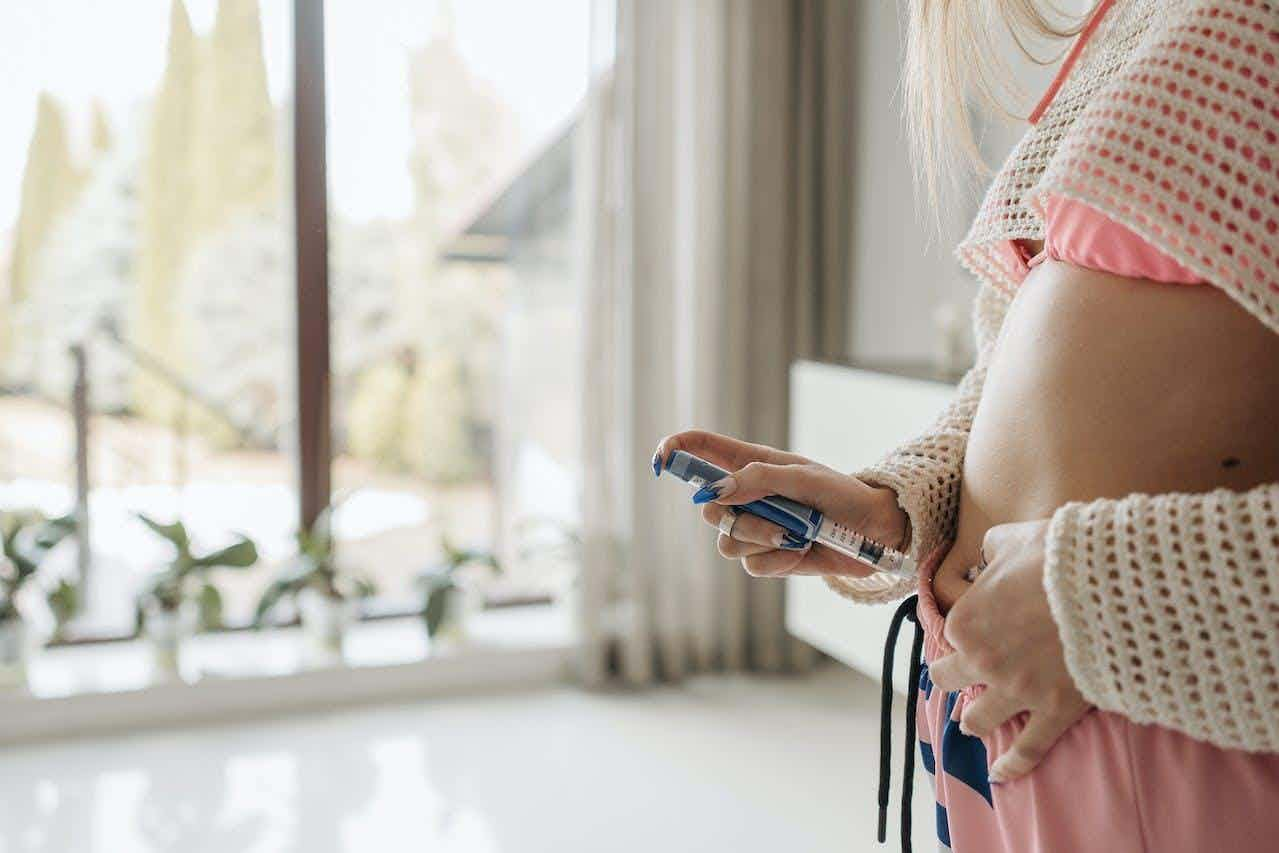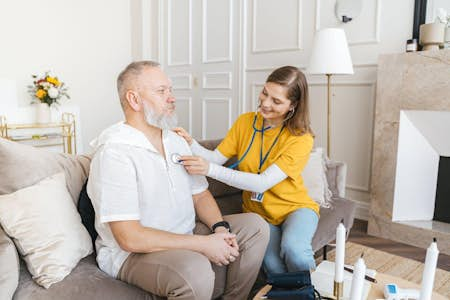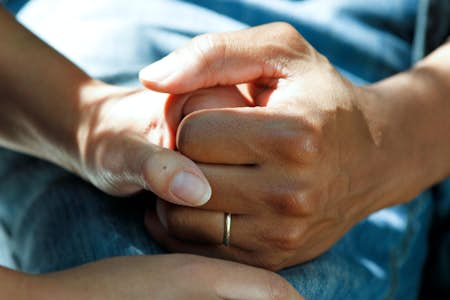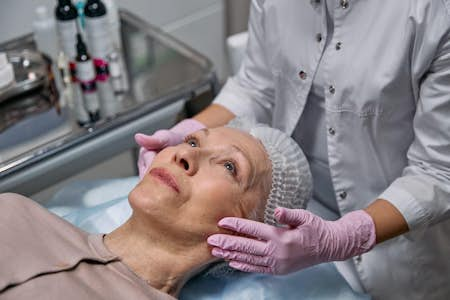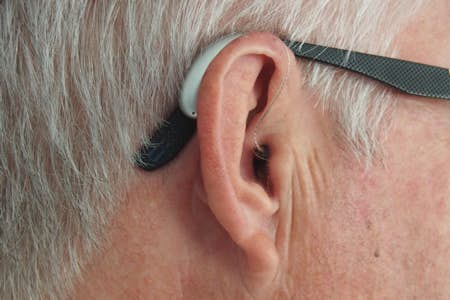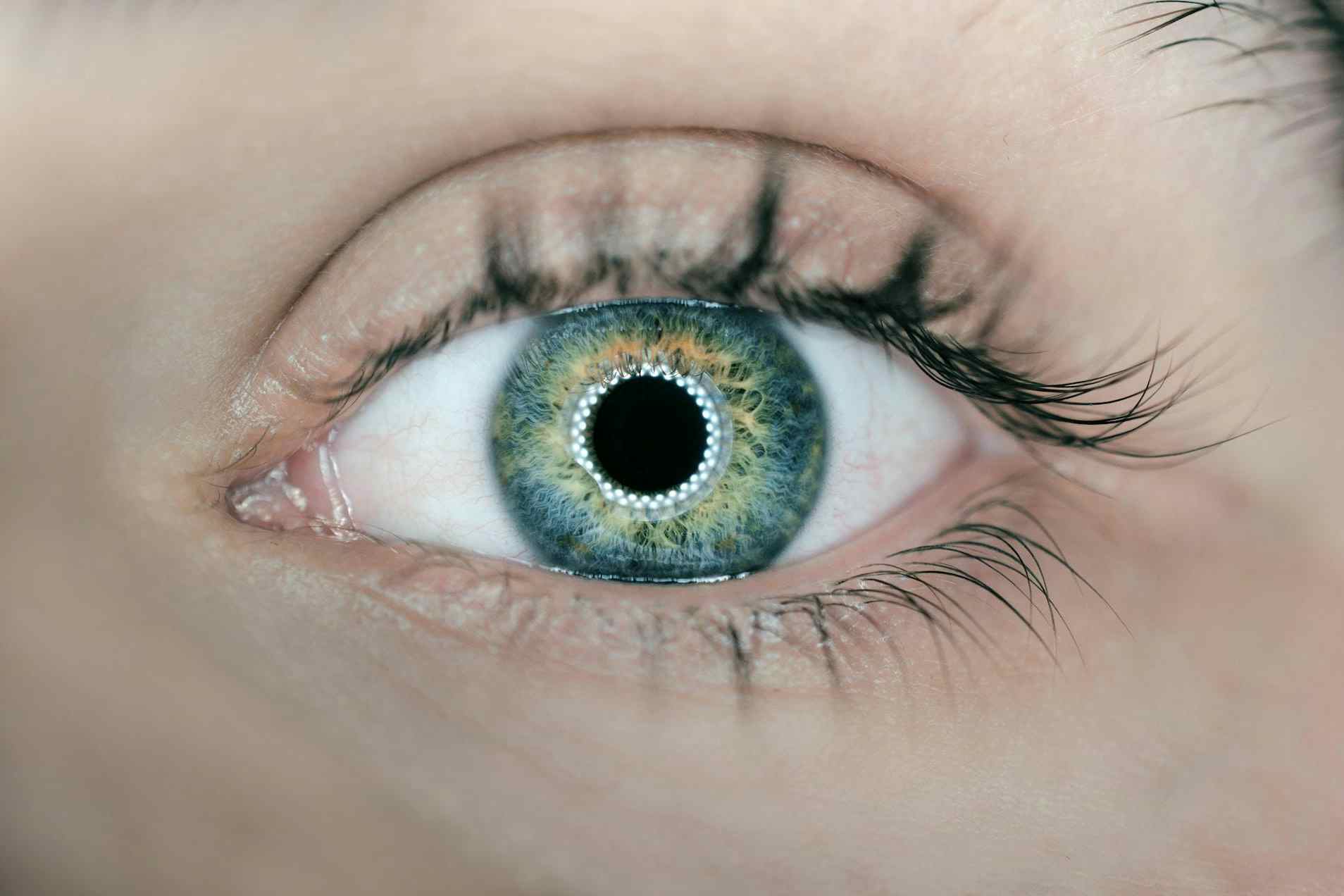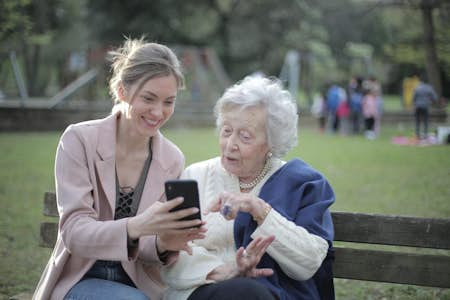Vic Womersley - 10 min read
Hassan Thwaini - 8 min read
Editor's Pick

Foods to Avoid
Are there any foods to avoid while taking mirtazapine?
Hassan Thwaini
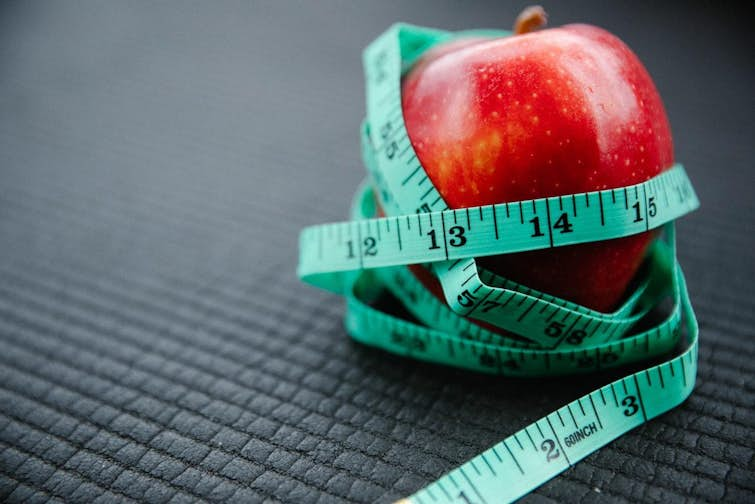
Diet Guides
What is the liver reduction diet?
Health Times Editors
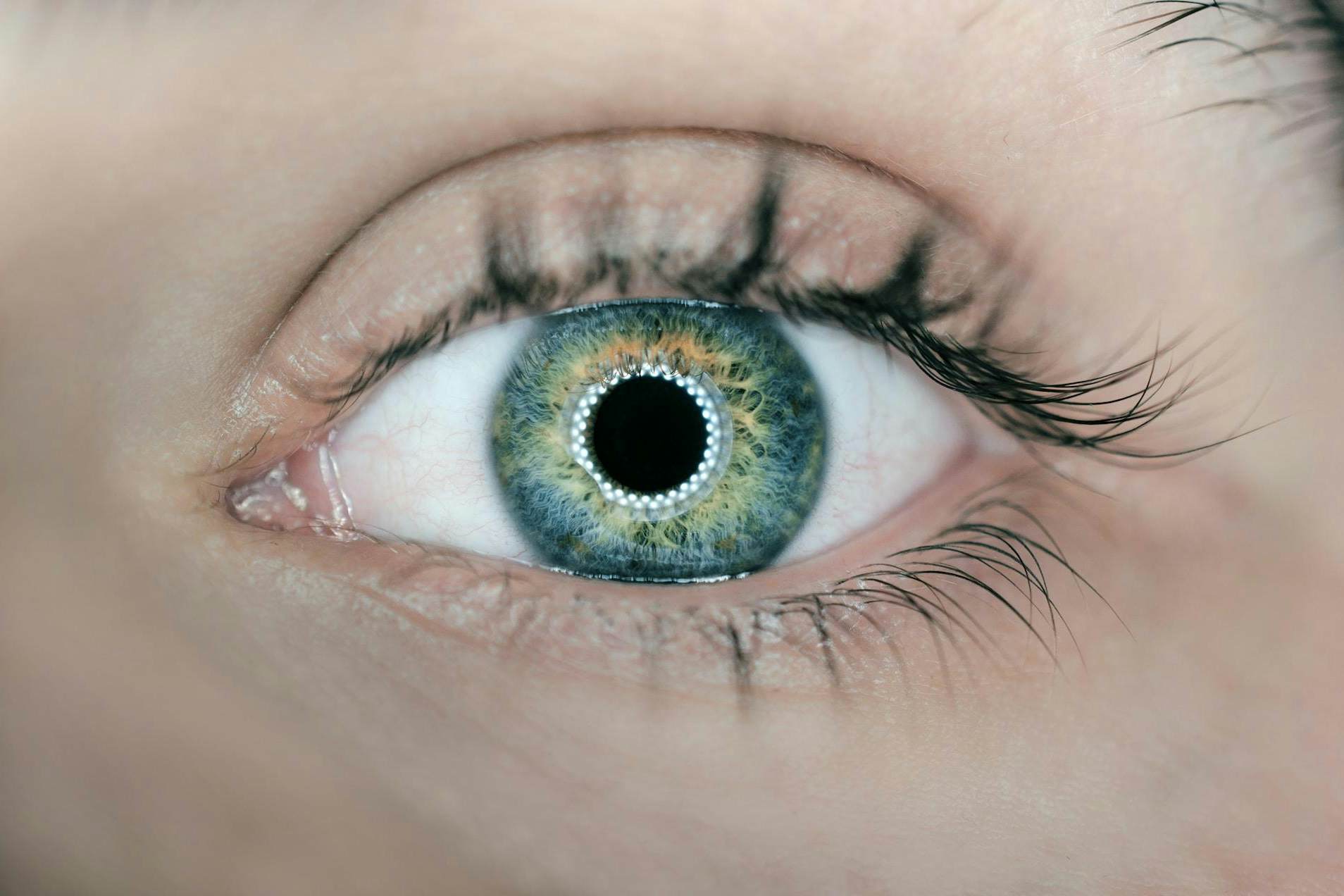
Eyesight
What is commonly misdiagnosed as pink eye?
Hassan Thwaini

Caring for Loved Ones
What is the HCPC and what does it do?
Katie Howe
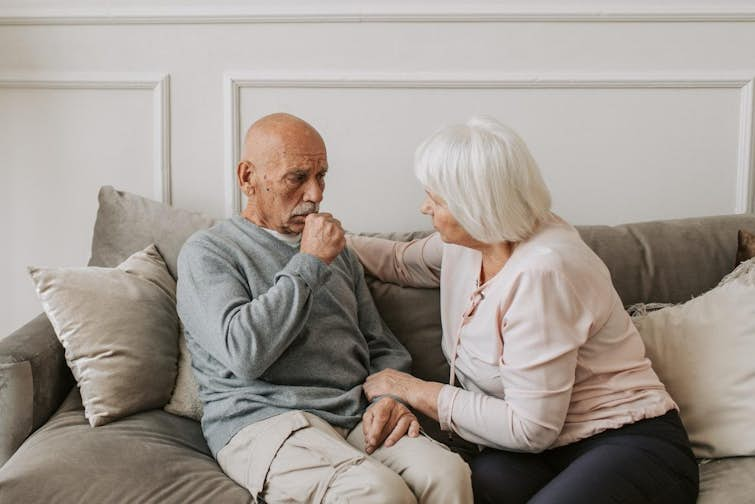
General Health
What could your chesty cough indicate?
Emily Fay
You Should Know
Recommended Reading
Advertisement
Health Conditions
Emily Fay - 5 min read
Vic Womersley - 7 min read
See More from Health Conditions
1
Hassan Thwaini - 6 min read
2
Hana Ames - 4 min read
3
Hana Ames - 8 min read
Alternative Therapies
Vic Womersley - 10 min read
Vic Womersley - 10 min read
Food & Nutrition
Hassan Thwaini - 10 min read
Hassan Thwaini - 7 min read
Healthcare
Ageing
Savana Khallouf - 5 min read
See More from Ageing
Mental Health & Wellbeing
Hassan Thwaini - 9 min read
Hassan Thwaini - 5 min read
Fitness & Exercise
Matt Smith - 8 min read
Advertisement








